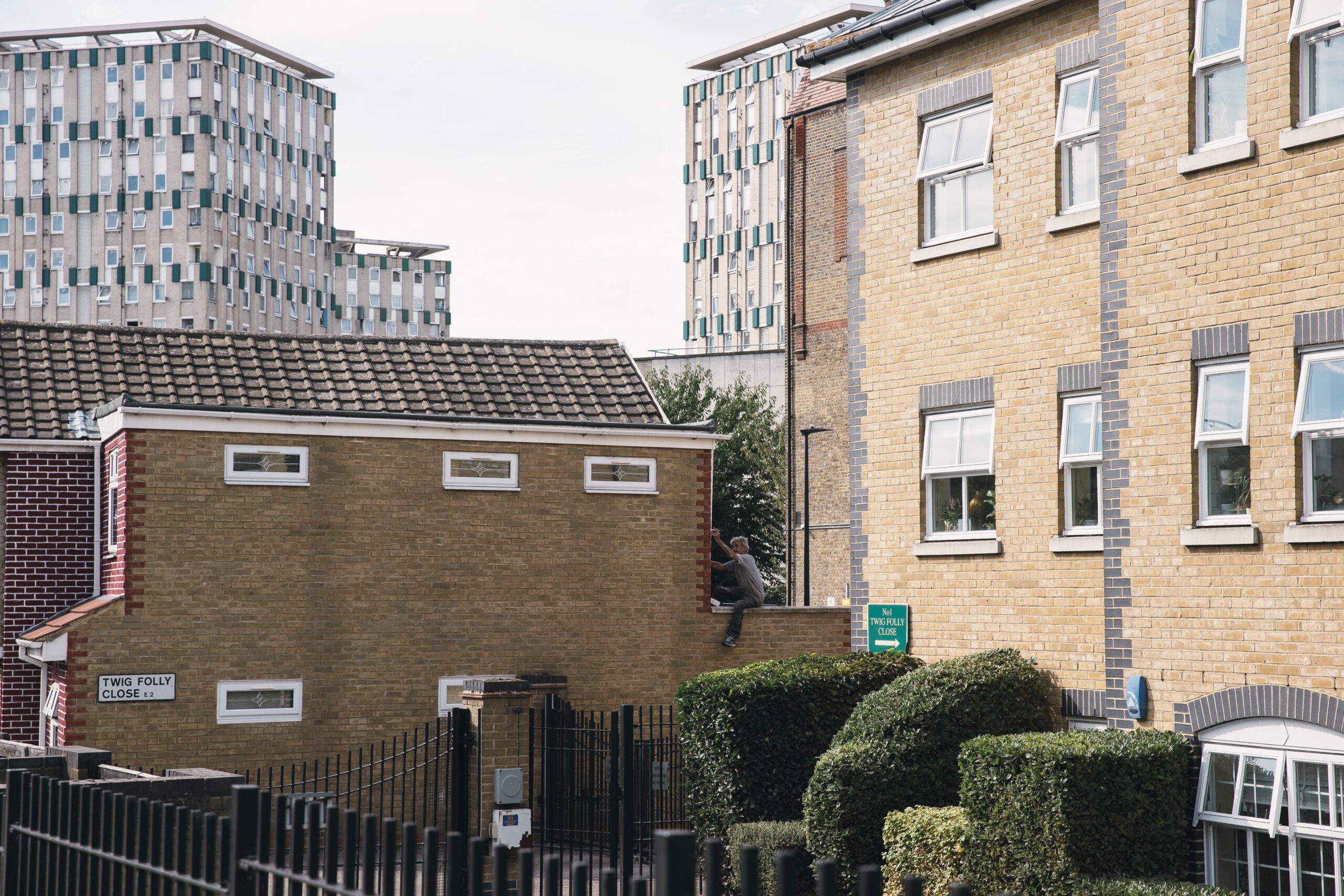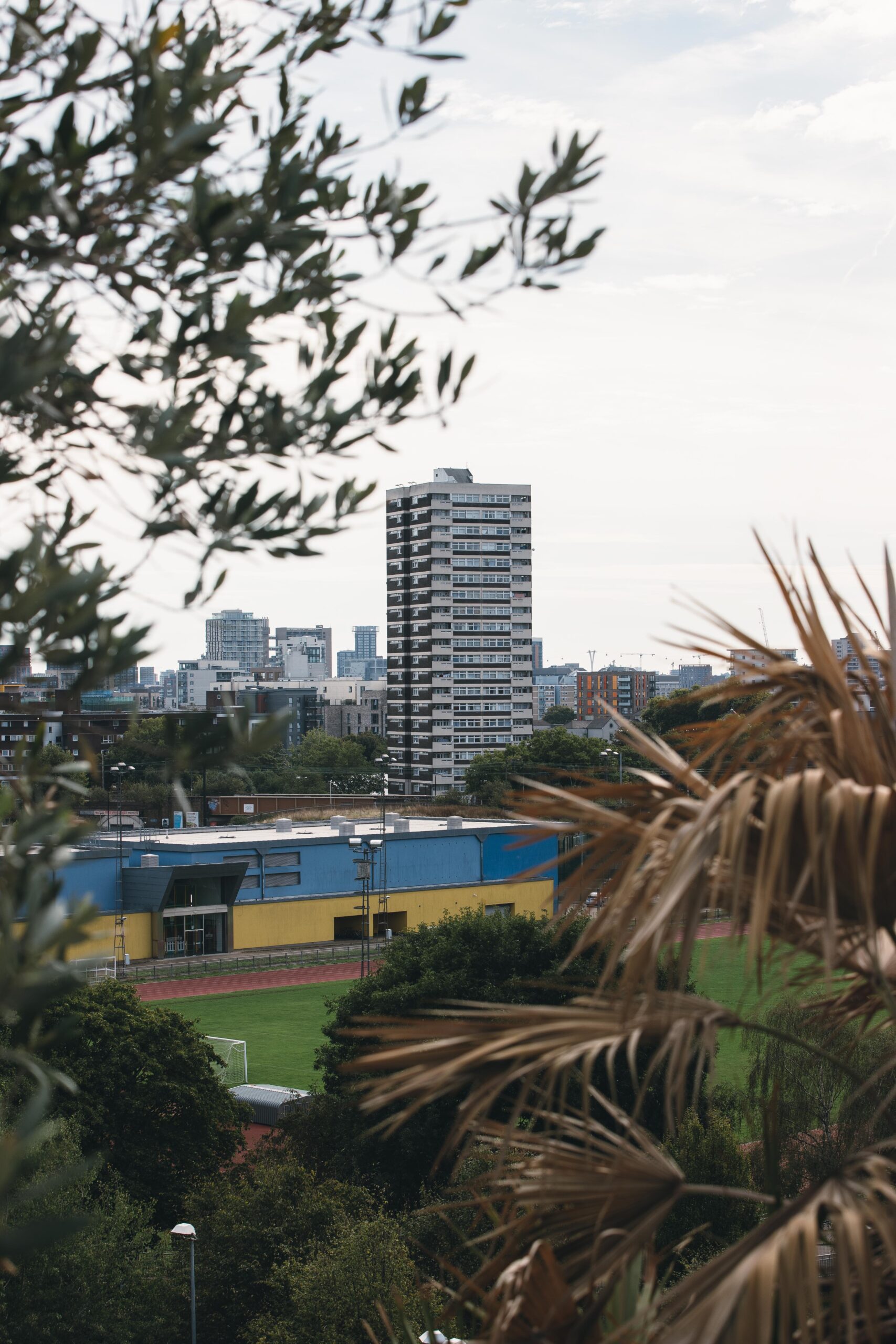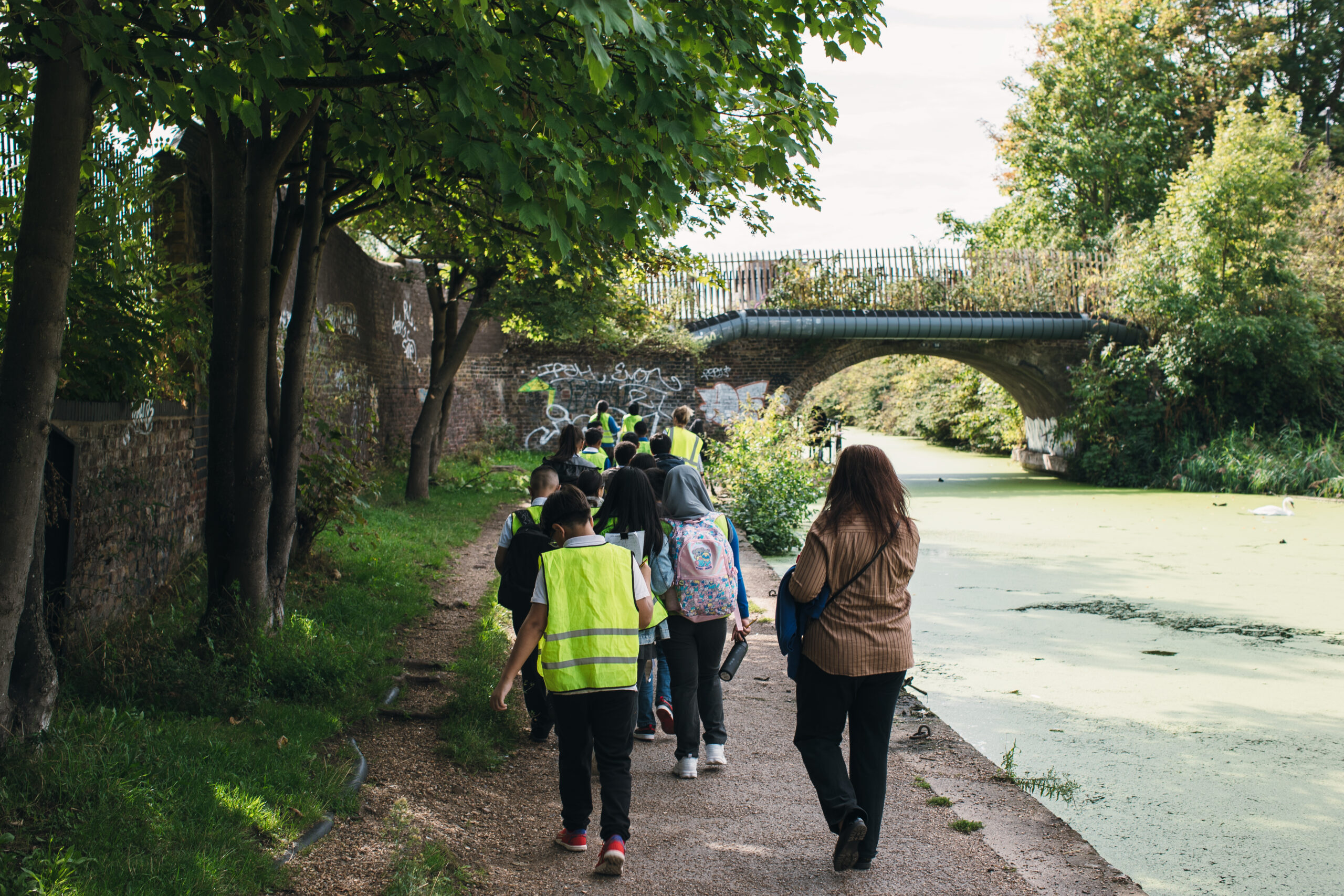How does money shape our health?
Our health is shaped by the world around us. Our jobs, our homes – and the money in our pockets. The higher our income, the more likely we are to be healthy and be healthy for longer. The lower our income, the more likely we are to die earlier than we should. Low wages, rising prices, and a welfare system that doesn’t yet meet our needs, all have a direct impact on our health. This explainer will look at the ways in which the money in our pockets shapes our health.
How the money in our pockets shapes our health
Financial insecurity harms our mental health. People across all income levels and circumstances worry about money – and long-term stress can become chronic. When people are constantly worrying about making ends meet, or how to pay rent, it can cause anxiety, depression, and other mental health issues. Across the UK, men and women in the poorest fifth of the population are twice as likely to be at risk of developing mental health problems as those on an average income.
Having a good and stable income also allows us to do things like heat our homes – and when we don’t have the money to do this our health suffers.
The money in our pockets also has a major impact on our physical health. Too often, our most affordable food options are high in sugar and fat – and healthier options are either unaffordable or out of reach because of barriers like limited public transport. Research from the Food Foundation found that for the poorest fifth of UK households, meeting the government’s recommended healthy diet would cost almost half of their disposable income. This compares to 10% for the richest fifth. Barriers like these risk cutting lives short in areas most affected by poverty. Around 31,000 heart and circulatory deaths have been attributed to excess weight and obesity every year in findings by British Heart Foundation.
Having a good and stable income also allows us to do things like heat our homes – and when we don’t have the money to do this our health suffers. Of the average 31,000 excess winter deaths a year, around 30% are attributable to cold homes. Children living in cold homes are at increased risk of asthma attacks, and respiratory infections. Damp and mould growth are also more likely to occur in cold homes, and last year were directly linked to the death of a child, 2-year-old Awaab Ishak.
How policy shapes our health
More than one in five of us in the UK are trapped in poverty – that’s 14.5 million people.
Our welfare system should help free us from the grip of poverty. It should help us heat our homes, access healthy food, and reduce chronic stress, when we need it most. But right now, it’s not working – more than half of individuals in families in receipt of Universal Credit (and its predecessor legacy benefits) are trapped in poverty. Low-paid, part-time and insecure work are all contributors to growing poverty and financial insecurity in the UK.
Our welfare system should help free us from the grip of poverty. It should help us heat our homes, access healthy food, and reduce chronic stress, when we need it most. But right now, it’s not working.
Around two-thirds (68%) of working-age adults in poverty live in a household where at least one adult is in work; this figure has never been higher. Since 2010, earnings have not grown in real terms, and for many people, especially those in the public sector, they have decreased. This means that the money we are taking home from work doesn’t go as far towards our rent, food and bills and we have less to spend on activities that boost our health such as being able to travel to meet up with friends and family.
Poverty and the associated drivers of ill health are more likely to impact people in minoritised ethnic groups. Poverty rates are higher for all people from minority ethnic groups in comparison to people of white ethnicity. In 2018 to 2020 they were highest for Bangladeshi and Pakistani ethnic groups at 51% and 44% respectively. While there is little evidence about how your ethnicity impacts how long you can expect to live, according to research from The King’s Fund, ‘there is a strong, systemic relationship between health and deprivation, with more deprived communities experiencing worse health and a shorter life-expectancy than more affluent groups’.
These financial inequalities for people in minoritised ethnic groups are not new and have barely improved over time. Poverty rates for the Black/African/Caribbean/Black British ethnic group have largely stayed just over 40% for the last 25 years, whereas they have stayed consistently around 20% for the white ethnic group. These troubling statistics show that policies aimed at reducing poverty made little difference to those caught in its tightest grip.
JRF’s latest UK Poverty report states that disabled people face a higher risk of poverty and have done so for at least the last 20 years. This is driven partly by the additional costs associated with disability and ill health, and partly by many disabled people being less able to access work. For working-age adults, those who are disabled are more than twice as likely to live in poverty as those who are not (38% and 17% respectively). The Resolution Foundation has found that disabled people experience a 44% income gap, and disabled people are paid less on average than non-disabled people for the same work.
How we can improve things
While there’s growing evidence of the challenge, and some action to reduce inequalities, there has been limited take up of policies that prioritise access to the building blocks of good health and wellbeing. But some businesses and politicians have decided this a problem that needs to be solved and have started to take action.
Over 12,000 businesses now pay the real Living Wage, which has meant 300,000 people have had their wages increased to ensure they meet the cost of everyday needs. In Wales, the government are piloting a basic income scheme for care leavers. The income has been set broadly in line with the real Living Wage and recognises that compared with their peers, care-experienced people are more likely to experience issues such as homelessness, addiction and mental illness, and that reducing the likelihood of being in poverty will provide better health opportunities.
There are also encouraging actions being taken across different regions and different communities. Brackenwood Community Association, a community initiative funded by Health Equals member organisation People’s Health Trust, is a hub providing affordable meals and activities for local residents, many of whom are in low-income households. Being able to access affordable food and a place to form social connections boosts our overall wellbeing.
Greater Manchester has partnered with Health Equals member organisation the Institute for Health Equity to implement a plan to improve people’s health opportunities in Manchester. Their plan includes becoming a Living Wage City, setting targets to double the number of Living Wage employers by 2025. They are also aiming to reduce unemployment by creating local jobs through investment in new housing and health care developments.
Making sure everyone has enough income to meet their needs and a safe and warm home are just some of the areas where we are calling for cross-government action to increase how long we live and boost our overall health and wellbeing.
There are over 4 million people in food poverty across the UK and over 3 million households in fuel poverty in England. Making sure everyone has enough income to meet their needs and a safe and warm home are just some of the areas where we are calling for cross-government action to increase how long we live and boost our overall health and wellbeing.



